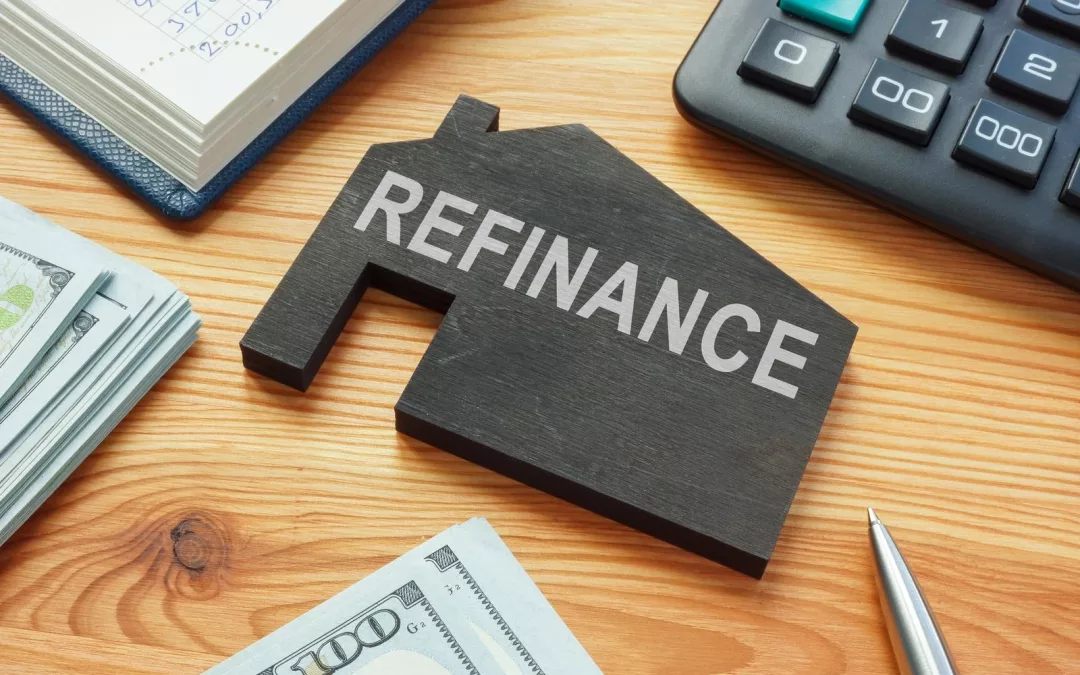Refinancing your mortgage can be a strategic financial move, potentially saving you money and offering various benefits. However, determining the right time to refinance requires careful consideration of several factors. In this blog post, we’ll explore key indicators that can help you decide if it’s the opportune moment to refinance your mortgage.
1. Interest Rates:
One of the primary reasons individuals contemplate mortgage refinancing is the fluctuation of interest rates. Keep a close eye on market trends and compare current rates with the rate on your existing mortgage. If the prevailing rates are significantly lower than what you currently have, it might be a compelling time to consider refinancing and lock in a lower rate.
2. Improved Credit Score:
Over time, your financial situation may improve, leading to an increase in your credit score. A higher credit score often translates to better interest rates. If you’ve diligently worked to enhance your creditworthiness since obtaining your mortgage, refinancing could result in a more favorable loan offer.
3. Changes in Financial Situation:
Life is dynamic, and your financial circumstances may change. Whether it’s a job promotion, increased income, or reduced debt, positive changes can be a green light for mortgage refinancing. Conversely, if you’re experiencing financial challenges, such as job loss or increased debt, refinancing may not be the best option.
4. Loan Type Adjustment:
If your current mortgage has an adjustable-rate, and you want more stability in your monthly payments, refinancing to a fixed-rate mortgage might be a wise decision. Conversely, if you anticipate a decrease in interest rates, transitioning from a fixed-rate to an adjustable-rate mortgage could lead to lower payments. Also, changing home loan product time could benefit from reduced principal and interest and PMI.
5. Home Equity:
Building equity in your home is another critical factor to consider when evaluating the right time to refinance. If your home’s value has increased significantly since you took out your mortgage, you may have a higher percentage of equity. This equity can be leveraged to secure better loan terms during the refinancing process.
6. Shortening or Lengthening the Loan Term:
Refinancing provides an opportunity to modify the length of your mortgage term. If your financial goal is to pay off your mortgage sooner, you might consider refinancing to a shorter-term loan. On the other hand, if you need to reduce your monthly payments, extending the loan term could be a viable option.
Conclusion:
Deciding whether to refinance your mortgage is a process that requires careful evaluation of various factors. By keeping a close eye on interest rates, monitoring changes in your financial situation, and considering adjustments to your loan type or term, you can make an informed decision. Remember to consult with your mortgage broker to ensure that refinancing aligns with your long-term financial goals. The right time to refinance is a personal decision, but with due diligence, you can navigate the process confidently.
Breaking Barriers: A Revolutionary Loan Option for First-Time Homebuyers
Unlocking Homeownership: The 1% Down Mortgage Revolution In today's challenging real estate market, many aspiring homeowners find themselves trapped between the dream of owning a home and the financial hurdles of traditional down payments. However, a groundbreaking...
Boost Your Credit Score: Essential Steps to Take Before Homeownership
Embarking on the journey to homeownership is an exciting milestone, but before you can unlock the door to your dream home, you need to ensure your financial foundation is solid. One of the most crucial elements in this process is your credit score. Your credit score...
Trigger Leads 101: What They Are and How to Make Them Stop
A trigger lead is a type of marketing lead sold by credit bureaus to lenders and mortgage companies. When someone applies for a mortgage and their credit report is pulled, it can act as a "trigger" for the credit bureaus to sell that consumer’s information as a lead...




